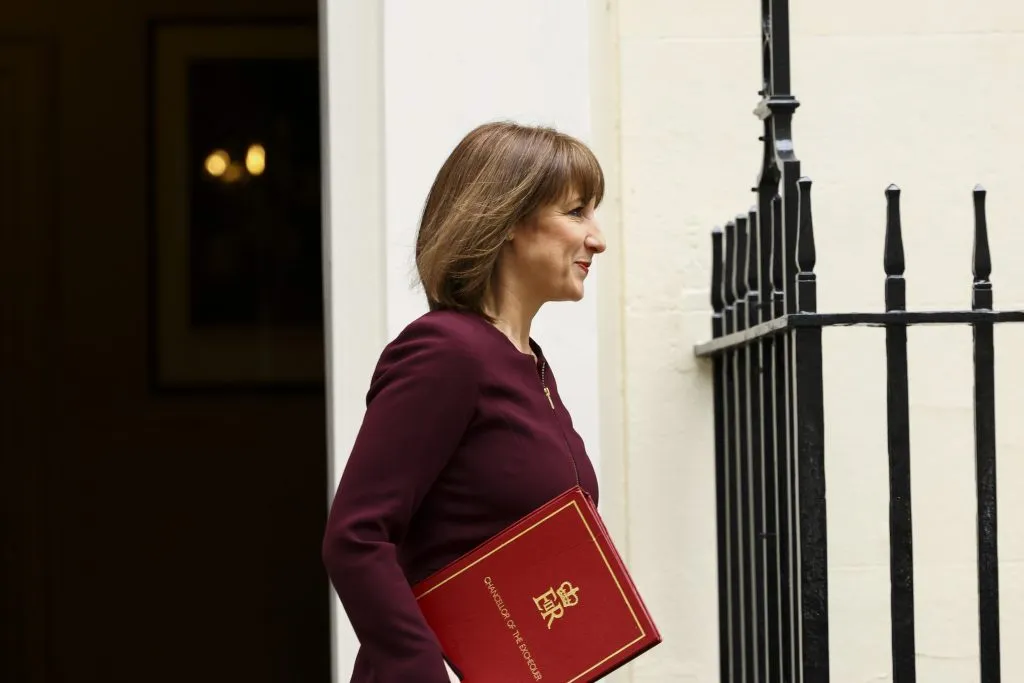
Property taxes are in “desperate need of reform,” says the Institute for Fiscal Studies, pointing to council taxes and stamp duty as key areas where “half-baked fixes” must be avoided ahead of the Chancellor’s Budget.
The influential thinktank urges Rachel Reeves to work towards scrapping stamp duty on housing and the council tax and replace them “with a new recurrent property tax that was proportional to up-to-date property values”.
It says stamp duty, which has risen over the course of this century, is forecast to bring in £24.5bn by 2029–30.
“That is regrettable, says the body. “Taxing asset transactions impedes mutually beneficial exchanges.
“Instead of allowing assets to be sold to those who value them most, stamp duty effectively throws sand in the gears, leading to an inefficient allocation of property.”
It adds that this levy “on rental housing and on commercial property is similarly damaging”.
The body argues that stamp duty “should be abolished as part of a wholesale reform of property taxation”.
It says: “Council tax should be turned into a tax proportional to up-to-date property values, set at a rate that would replace the revenue from stamp duty on housing as well as existing council tax revenue.”
The body adds that council tax bands in England must be upgraded from property values that were set in 1991.
The thinktank says: “There is a case for raising a larger share of tax revenue from taxes on land and property – since land is in fixed supply and cannot move, and taxing it therefore causes less economic distortion — and is more growth-friendly — than other taxes, such as taxes on income.
“But the priority should be to reduce the damage and unfairness caused by our existing property taxes.
“More sensible property taxes could be increased, if desired, with fewer reservations.”
The body says that Reeves, in her 26 November Budget, has set herself a tough task of filling a fiscal black hole of between £20bn and £30bn.
This is because Labour has ruled out lifting employees’ national insurance, income tax, or VAT, which account for around 75% of the Treasury’s revenue.
But the thinktank says she can raise cash from other measures, such as capping pension income tax relief at 20%, raising £22bn by 2030, or freezing all income tax and national insurance contributions thresholds until April 2030, which would raise £10.4bn.
The body adds that Reeves has the chance to make a range of fairer reforms that will not hurt growth next month.
Institute for Fiscal Studies director Helen Miller says: “There is an opportunity to be bold and take steps towards a system that does less to impede growth and works better for us all.
“Muddling through by simply raising rates of current taxes might appear the easier option – Rachel Reeves’s predecessors in the Treasury have all too often shied away from taking bold steps to improve the tax system.
“But relying on badly designed taxes to bring in additional revenue will bring unnecessary economic damage.”
Last week, Conservative leader Kemi Badenoch pledged to abolish stamp duty on primary homes if her party returns to power at the next election.
She said the measure would be paid for largely through £23bn of cuts to the welfare bill over five years, at the party’s conference in Manchester.



